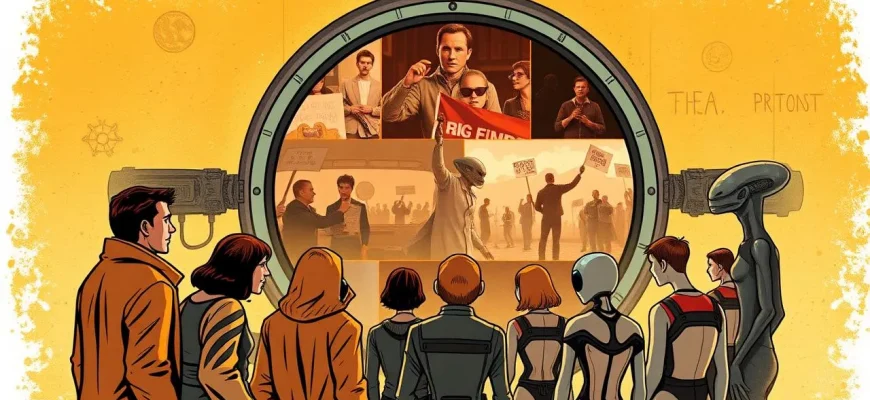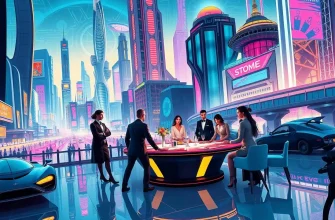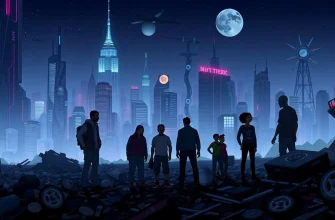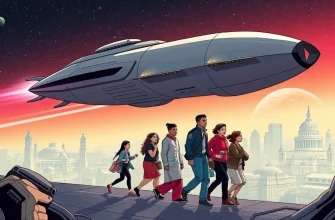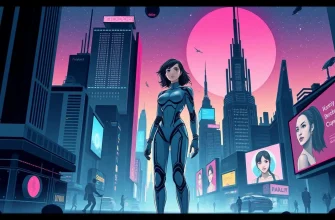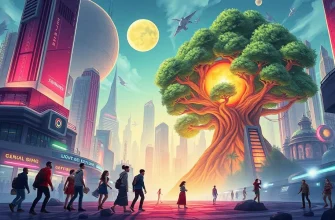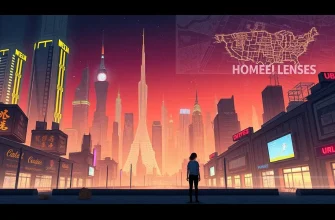In a world where the future often seems uncertain, science fiction films provide a lens through which we can explore the complexities of human nature and societal change. This curated collection of 10 films focuses on the theme of protests, showcasing how speculative futures can reflect our current realities. From dystopian uprisings to interstellar rebellions, these films not only entertain but also provoke thought, encouraging viewers to reflect on the power of collective action and the fight for justice. Whether you're a fan of speculative fiction or simply intrigued by the dynamics of social movements, this list offers a fascinating journey through time, space, and the human spirit.
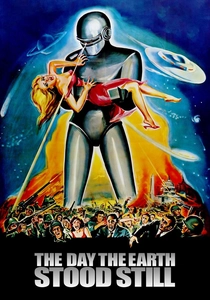
The Day the Earth Stood Still (1951)
Description: An alien visitor arrives on Earth with a message of peace but faces resistance and misunderstanding, leading to a global protest against the potential destruction of humanity.
Fact: The film was remade in 2008 with Keanu Reeves, but the original is often considered more impactful. It was one of the first films to address the theme of nuclear disarmament.
 Watch Now
Watch Now
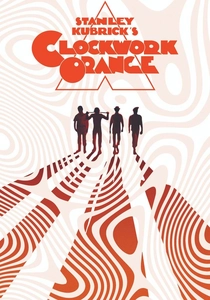
A Clockwork Orange (1971)
Description: Stanley Kubrick's adaptation of Anthony Burgess' novel explores themes of free will, violence, and societal control, with the protagonist's transformation into a symbol of resistance against state-imposed morality.
Fact: The film was banned in several countries due to its graphic content. Kubrick himself withdrew the film from UK cinemas after threats were made against his family.
 Watch Now
Watch Now

The Matrix (1999)
Description: While not explicitly about protests, the film's narrative of individuals breaking free from a simulated reality to fight against their oppressors resonates with themes of rebellion and the quest for truth.
Fact: The film's "bullet time" effect revolutionized visual effects in cinema. The Wachowskis drew inspiration from various philosophical and religious texts, including Plato's Allegory of the Cave.
 Watch Now
Watch Now
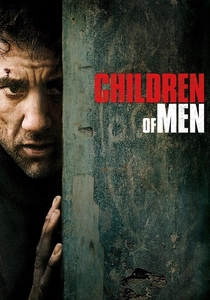
Children of Men (2006)
Description: Set in a world where human infertility has led to societal collapse, this film follows a former activist who becomes involved in a desperate mission to protect the first pregnant woman in nearly two decades, sparking hope and resistance.
Fact: The film features several long, uninterrupted takes, including a famous 7-minute shot. It was adapted from P.D. James' novel, which explores themes of hope and despair in a world without children.
 Watch Now
Watch Now

Equilibrium (2002)
Description: In a future where emotions are outlawed to prevent war, a law enforcement officer begins to question the system, leading to a clandestine rebellion. This film explores the theme of emotional suppression as a form of control and the human desire for freedom.
Fact: The film's concept of "Gun Kata" was developed specifically for the movie, combining martial arts with firearms. It was initially conceived as a low-budget indie film but grew into a larger production.
 Watch Now
Watch Now
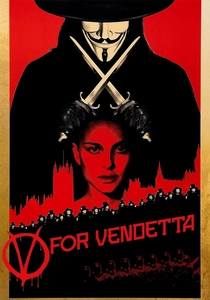
V for Vendetta (2005)
Description: This film is a cornerstone of protest-themed sci-fi, depicting a masked vigilante named V who inspires a revolution against a totalitarian regime. It's a powerful narrative about the fight for freedom and the impact of one person's actions on society.
Fact: The film's iconic Guy Fawkes mask has become a symbol of protest movements worldwide. The movie was adapted from Alan Moore's graphic novel, which was inspired by real historical events.
 Watch Now
Watch Now
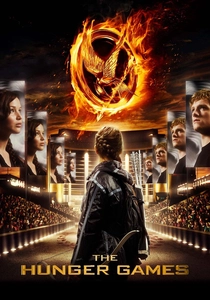
The Hunger Games (2012)
Description: Set in a dystopian future where the Capitol controls the districts through an annual televised death match, this film captures the essence of resistance and the spark of rebellion that can ignite from the most unexpected places.
Fact: The film's salute, known as the "three-finger salute," has been used in real-world protests. The series was adapted from Suzanne Collins' novels, which were influenced by the Roman gladiatorial games.
 Watch Now
Watch Now

Elysium (2013)
Description: In a future where the wealthy live on a luxurious space station, the poor struggle on an overpopulated Earth. The film follows a man's journey to bring equality, sparking a movement for change.
Fact: The film's visual effects were nominated for an Academy Award. Director Neill Blomkamp was inspired by his experiences growing up in South Africa during apartheid.
 Watch Now
Watch Now

Brazil (1985)
Description: Terry Gilliam's dark comedy depicts a dystopian society where bureaucracy reigns supreme, and one man's quest for freedom becomes a symbol of resistance against an oppressive system.
Fact: The film's title refers to the song "Aquarela do Brasil," which plays during the dream sequences. It was initially released in a heavily edited version, leading to controversy over artistic integrity.
 30 Days Free
30 Days Free
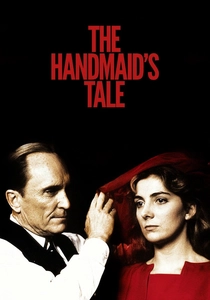
The Handmaid's Tale (1990)
Description: Based on Margaret Atwood's novel, this film portrays a theocratic regime where fertile women are enslaved for reproduction, and their resistance becomes a beacon of hope for change.
Fact: The film was adapted into a critically acclaimed TV series in
 30 Days Free
30 Days Free

